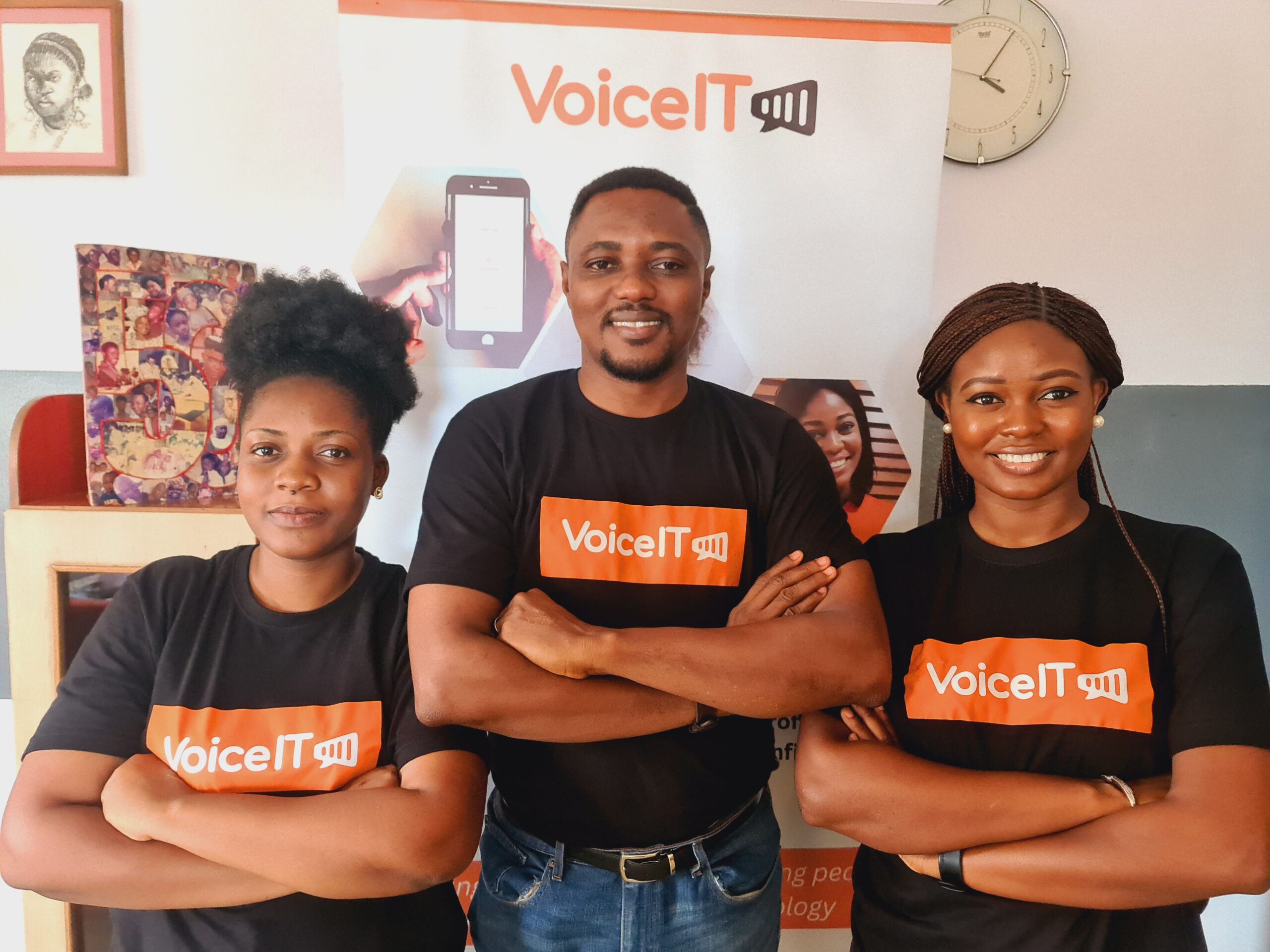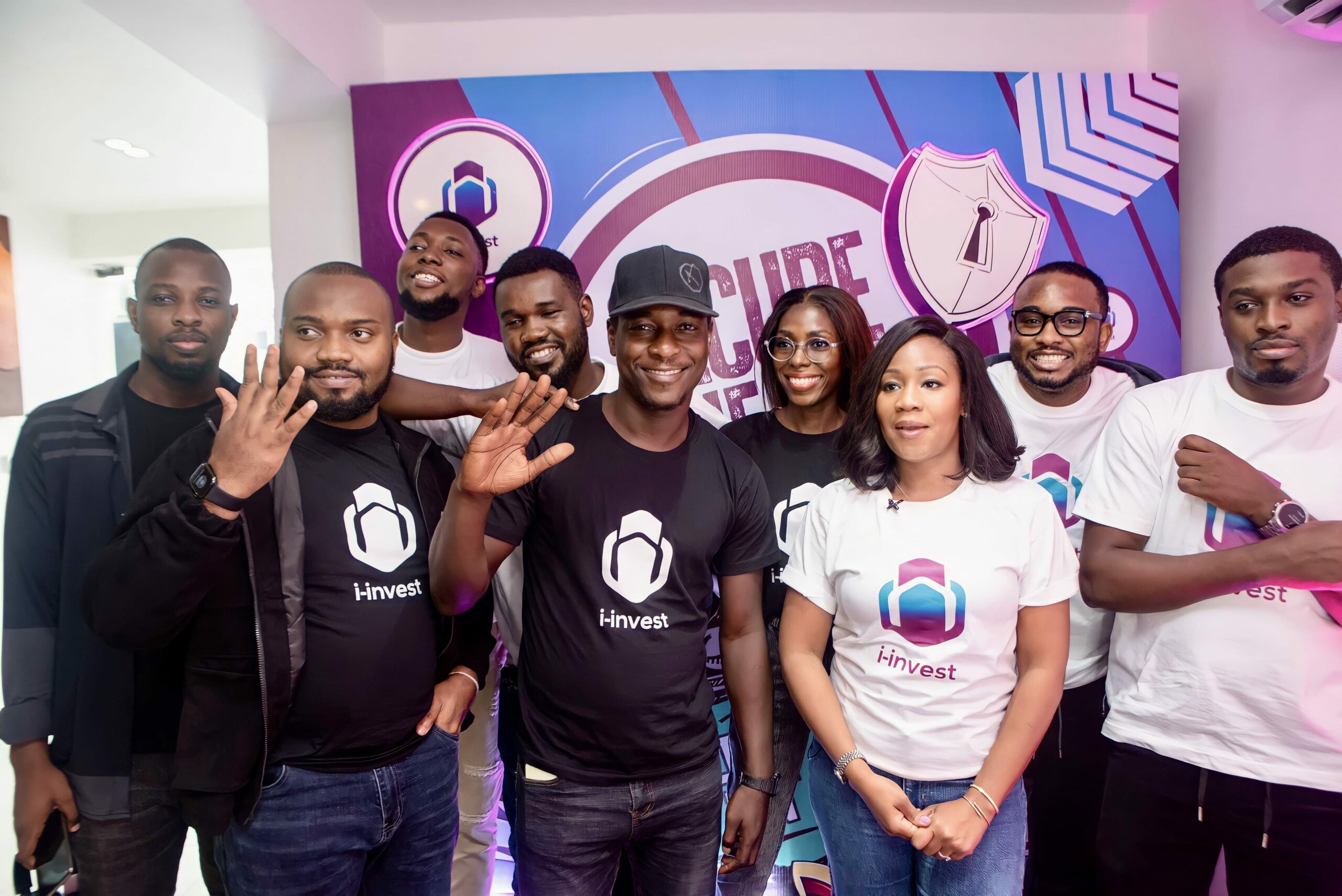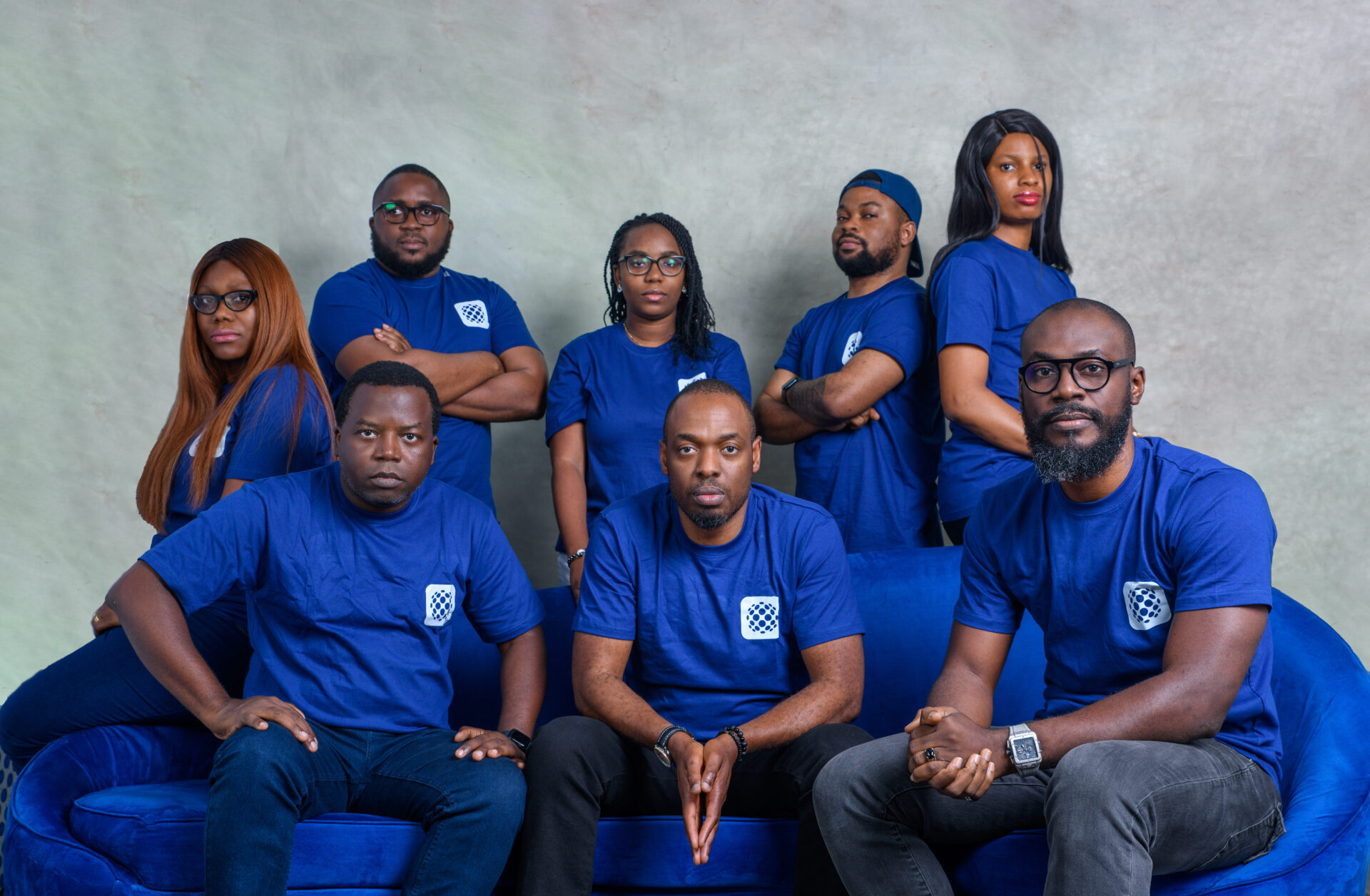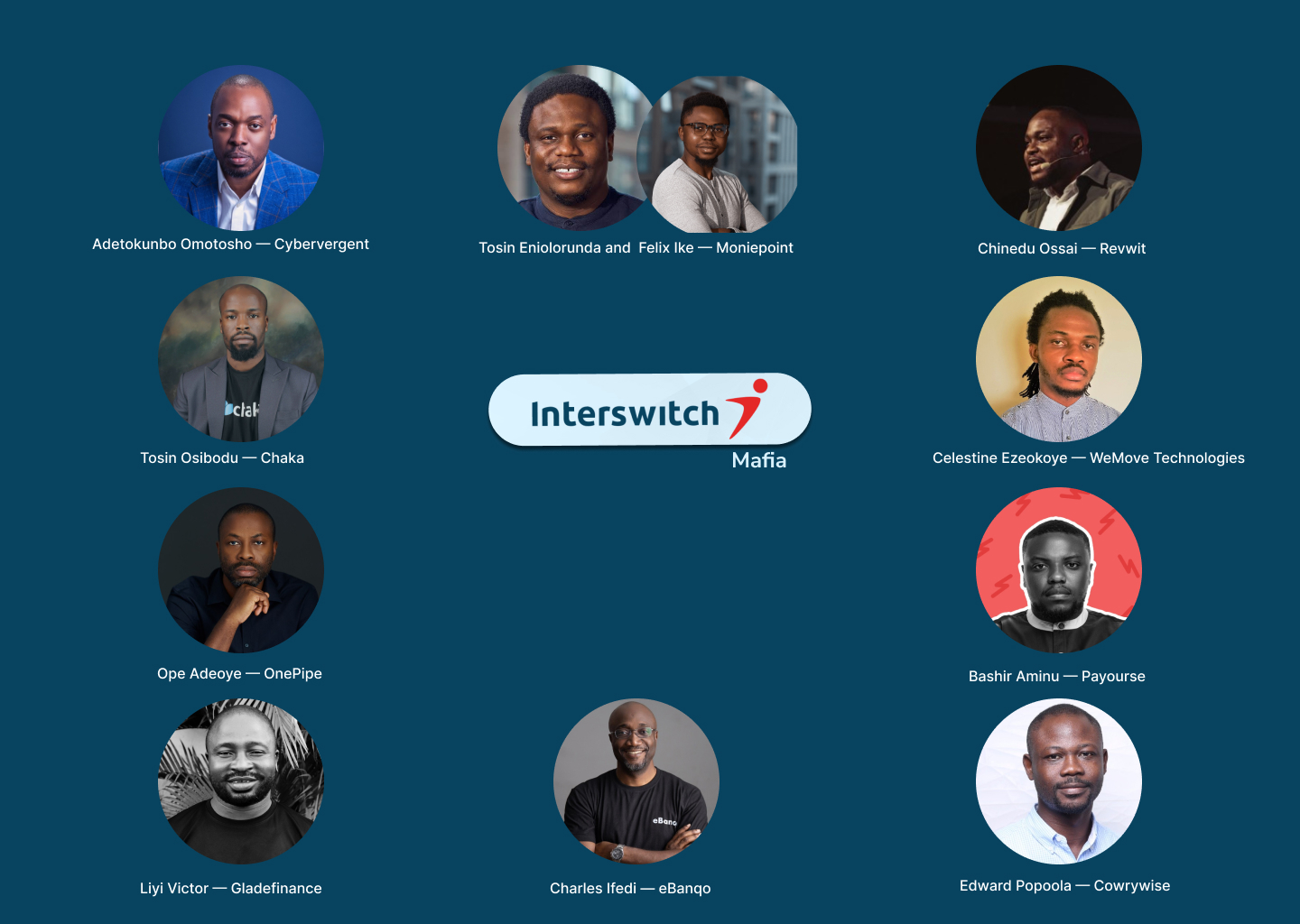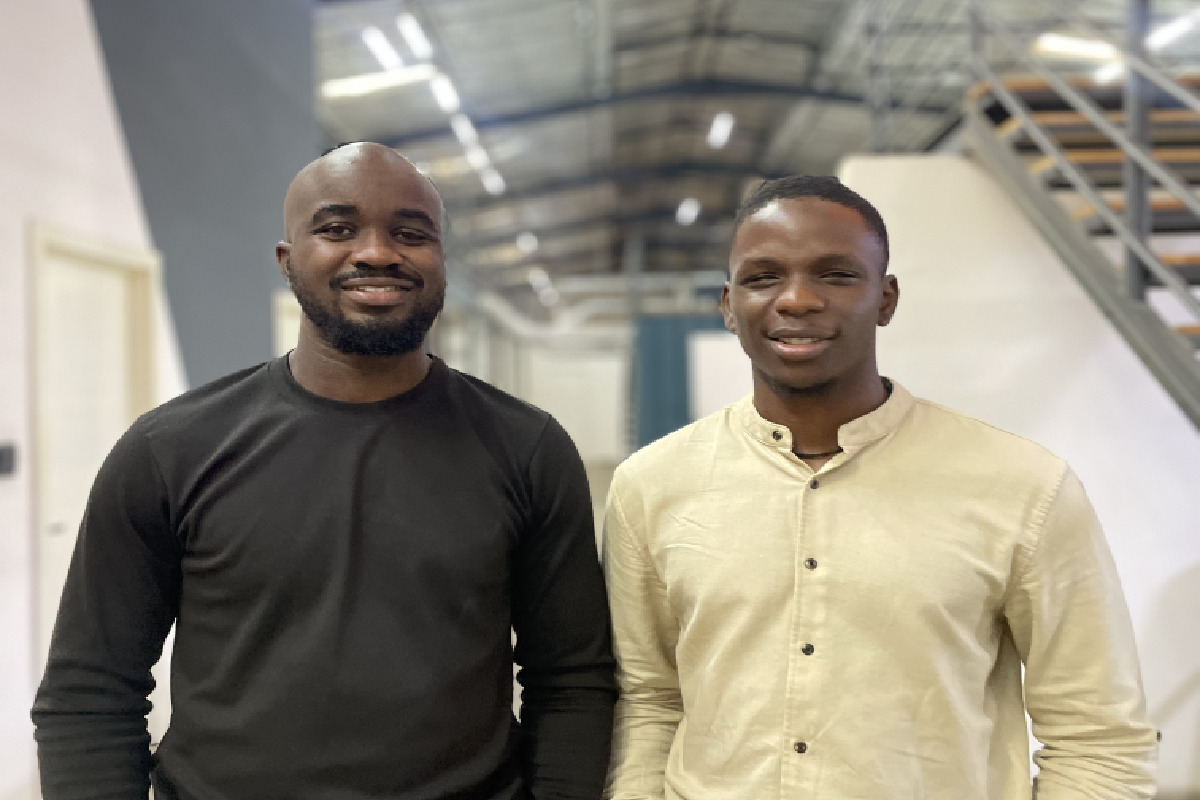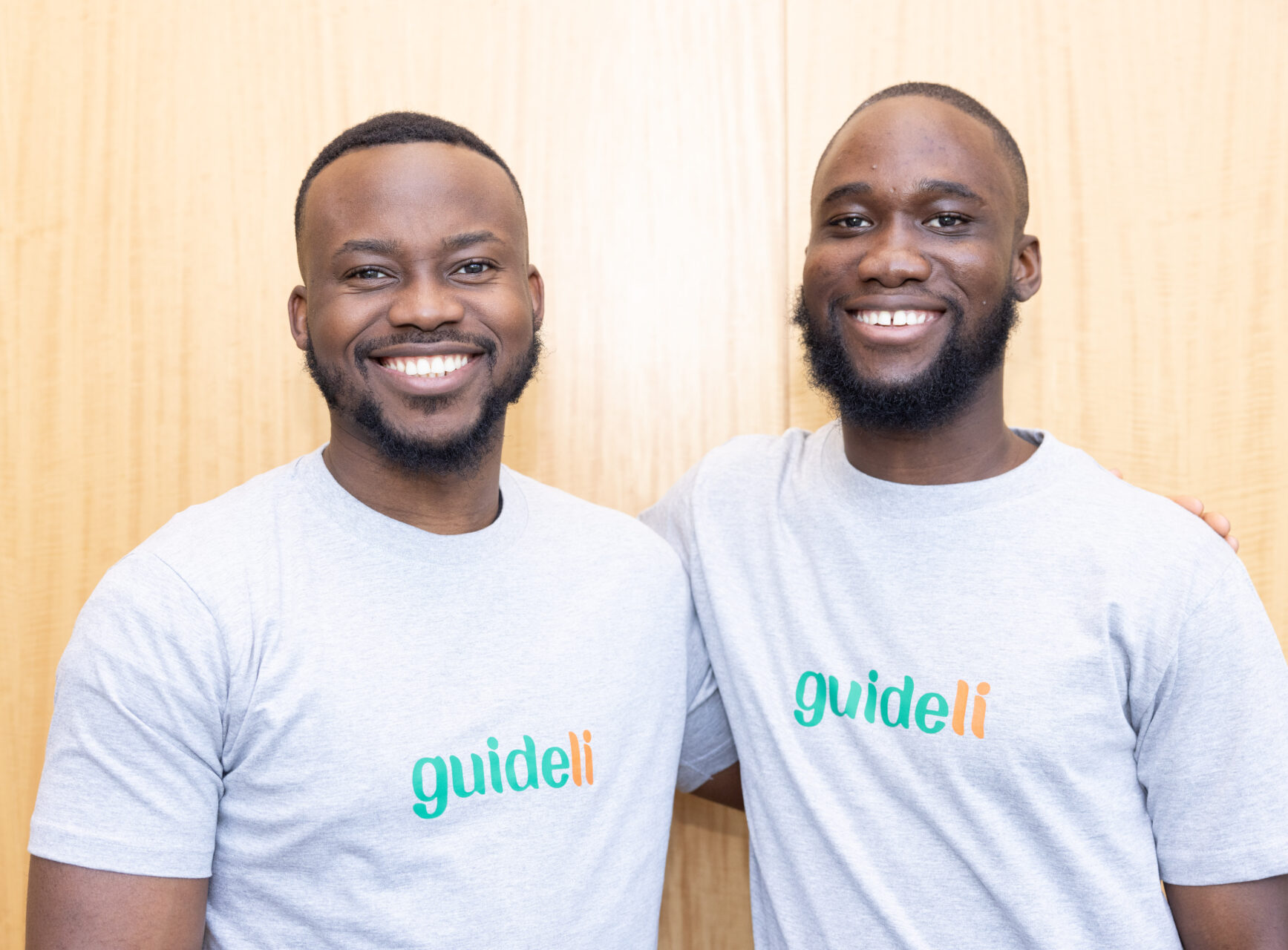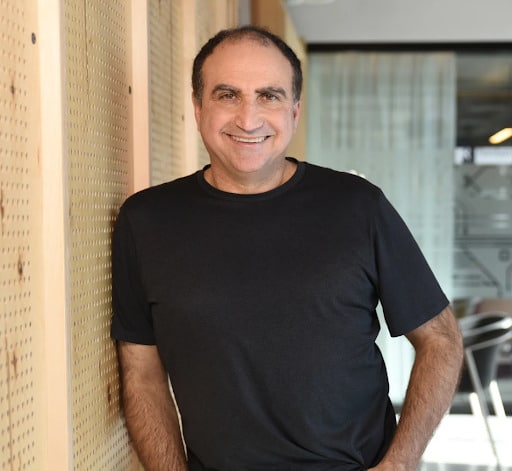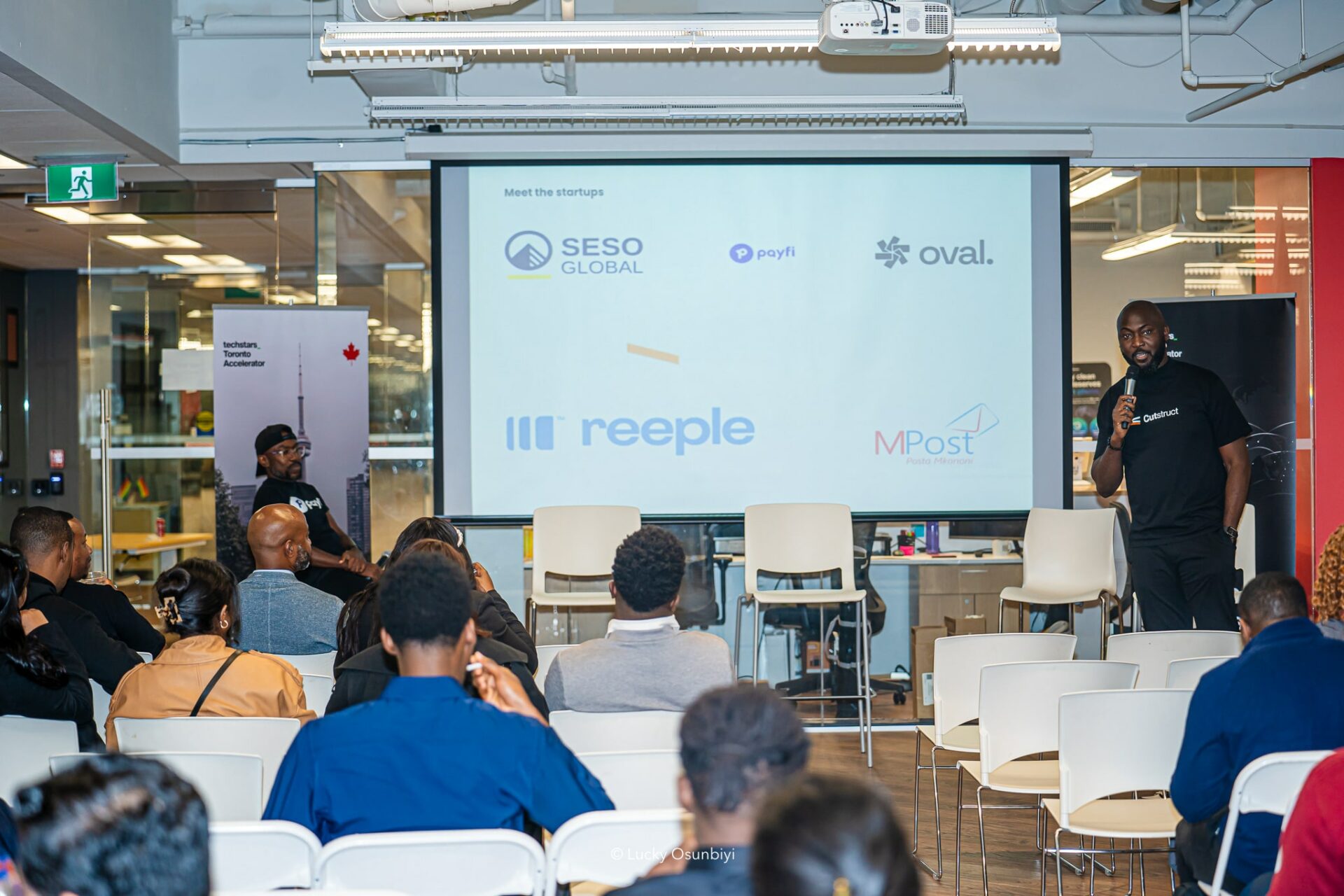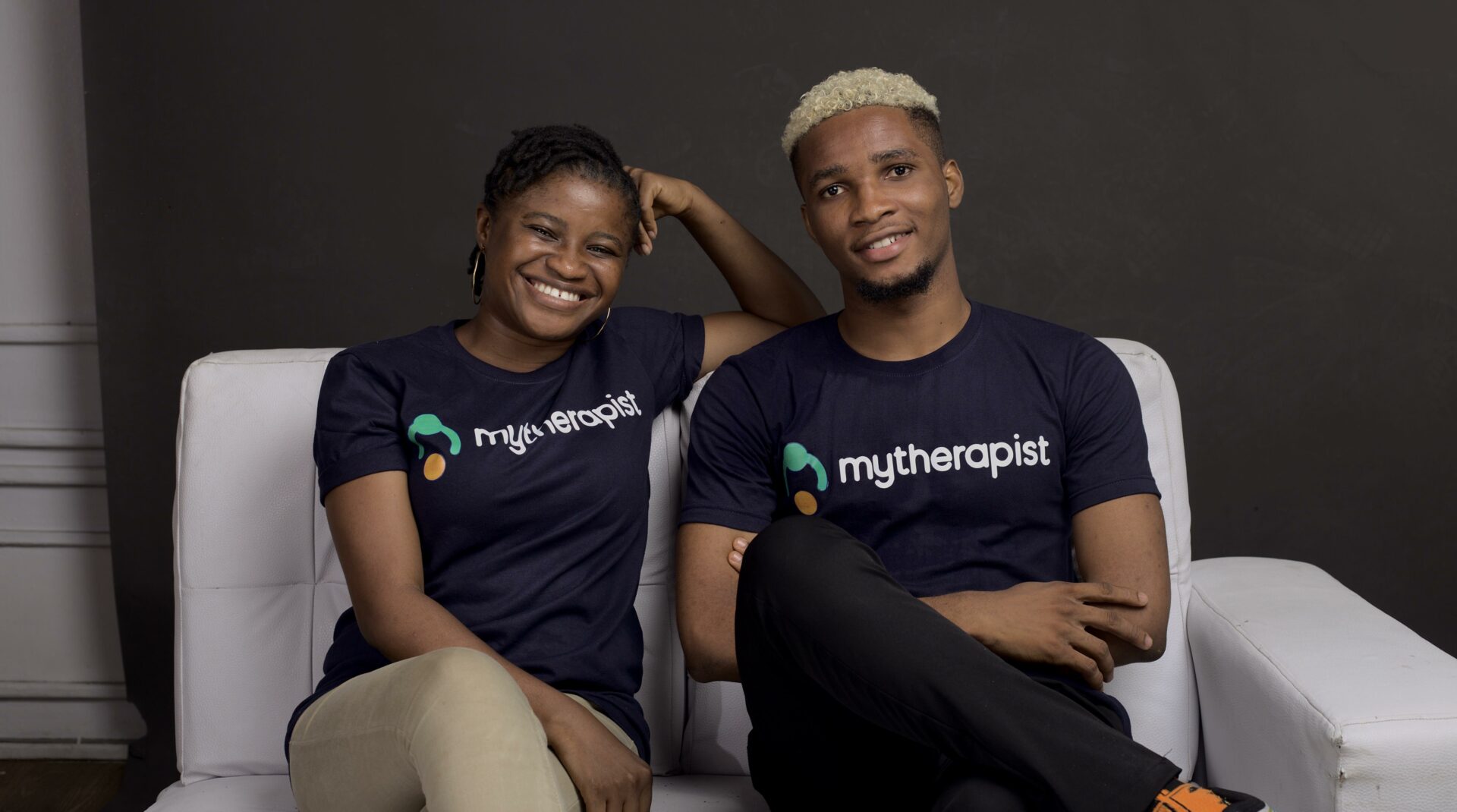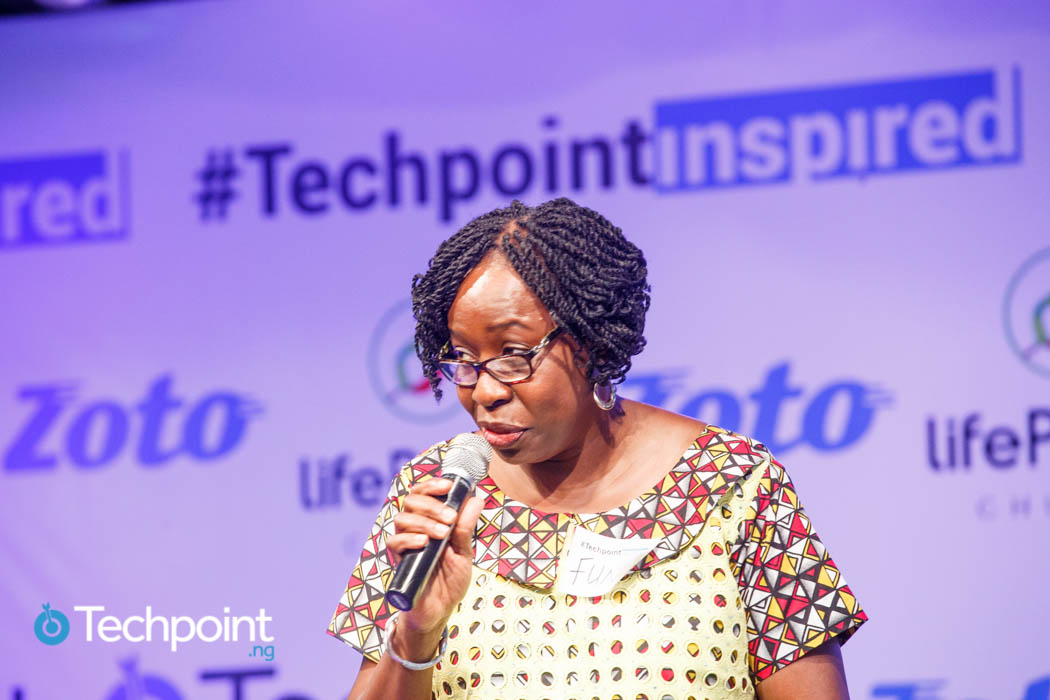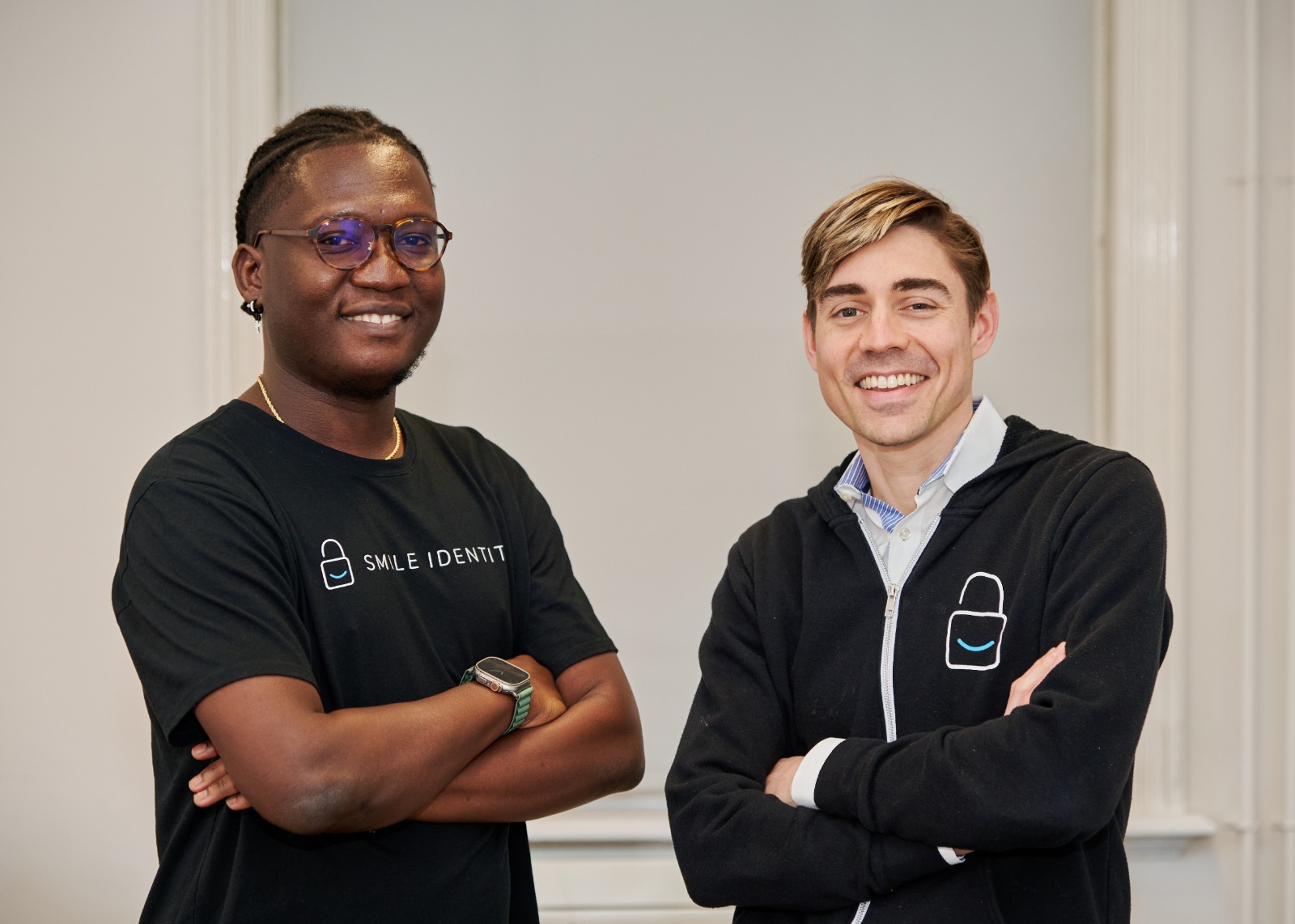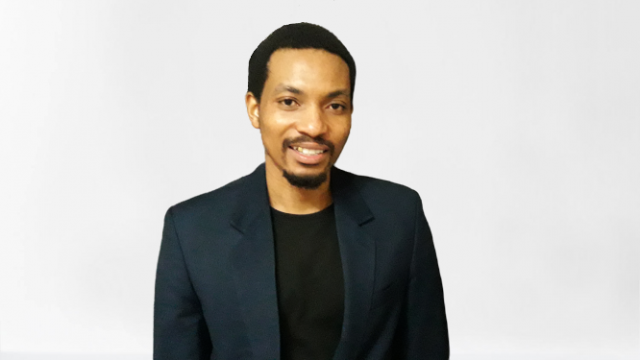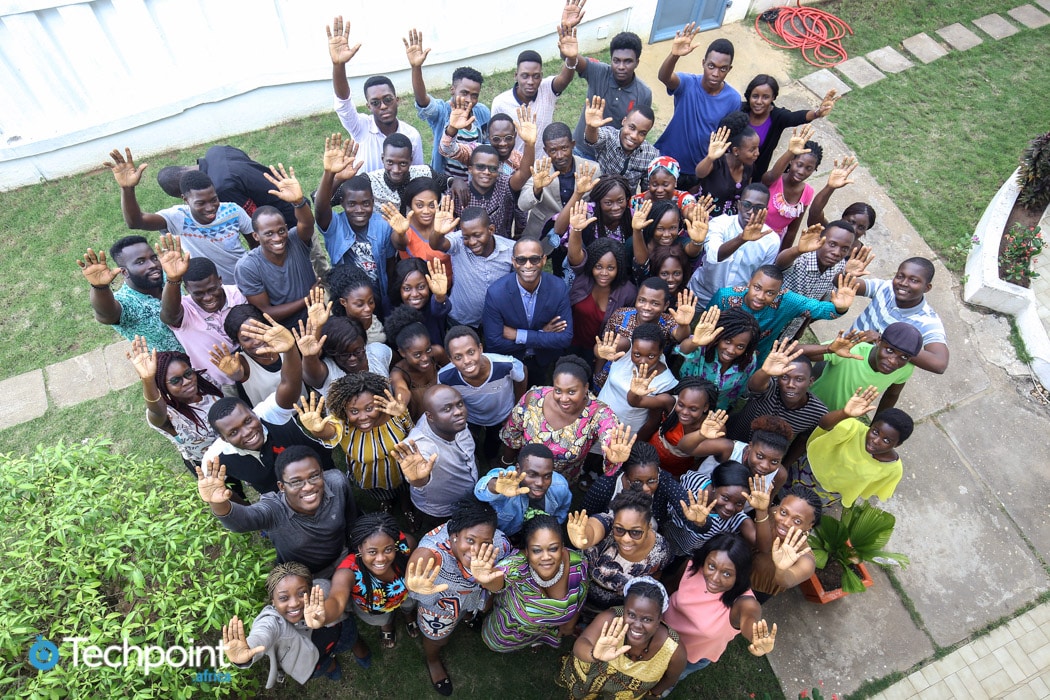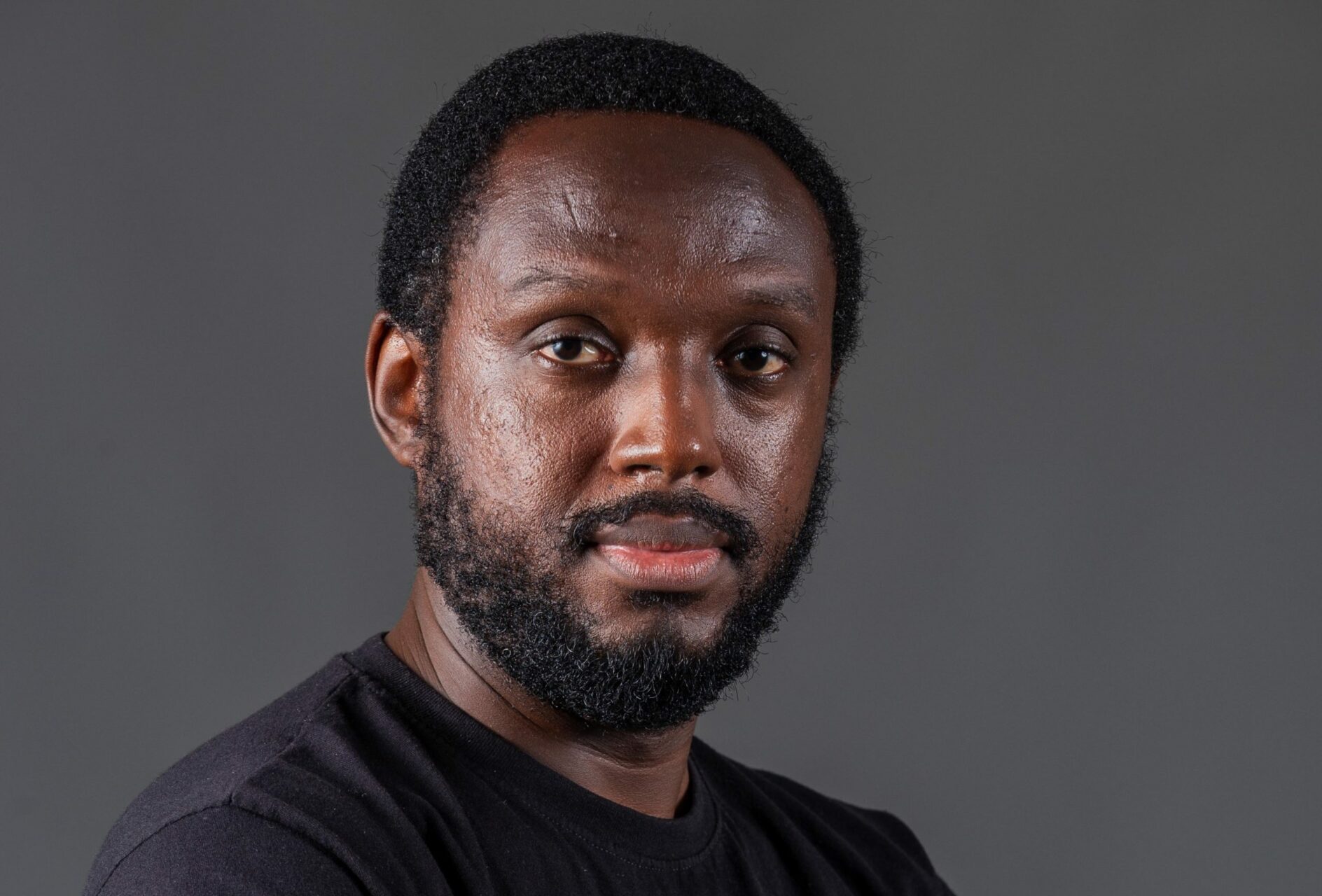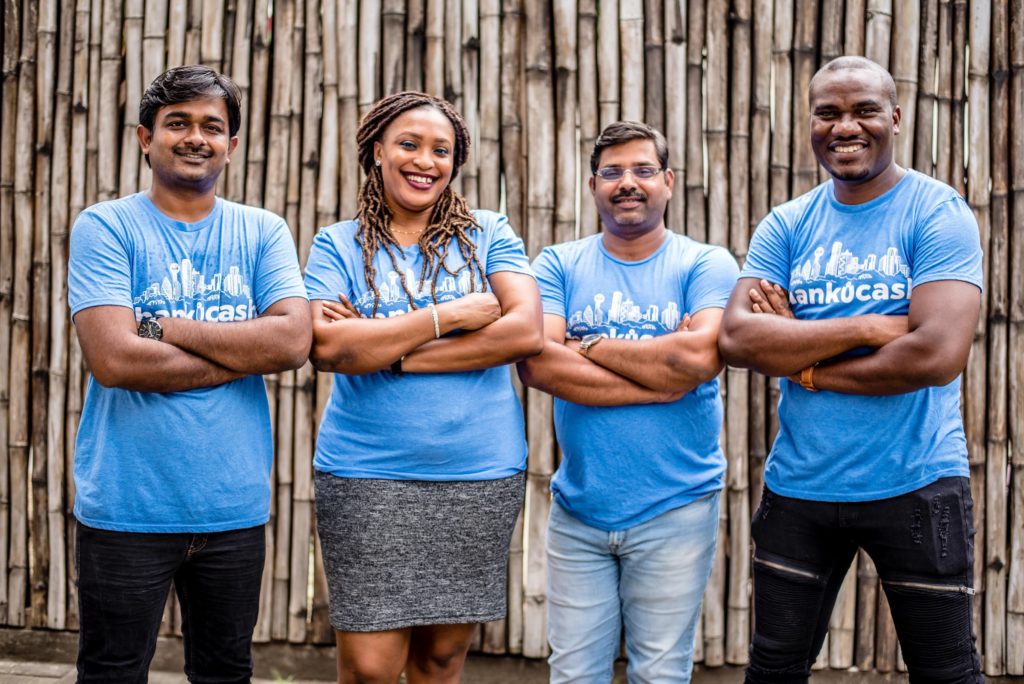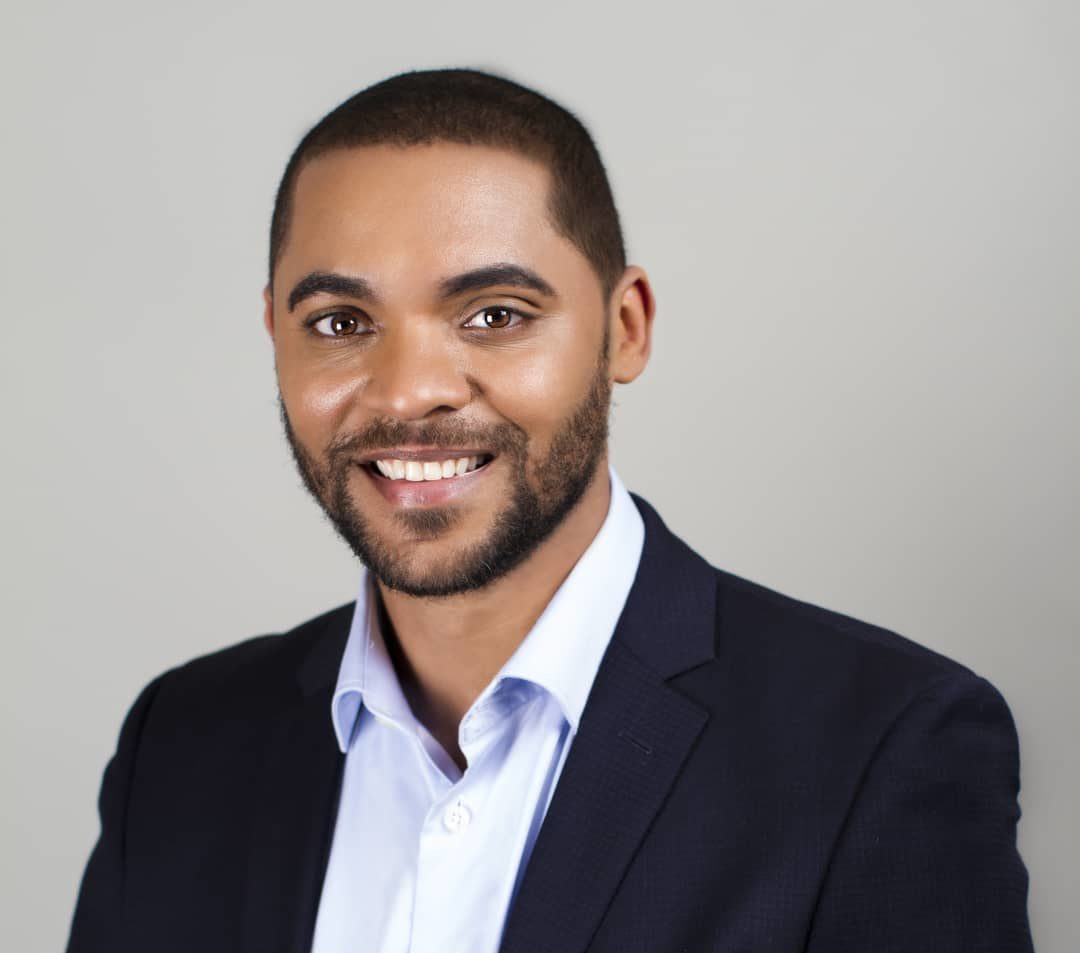You have probably been a victim of or know someone who has suffered sexual and gender-based violence (SGBV). If you don’t know anyone, I was only five years old the first time I was sexually assaulted.
According to a United Nations Women report, roughly one in three women globally — 736 million women — who are 15 or older report having experienced intimate partner violence, non-partner sexual violence, or both at some point in their lives.
Unfortunately, South Africa is now the rape capital of the world, with 10,818 cases reported in the first quarter of 2022.
Nonetheless, SGBV is reportedly a significant problem in Africa, where many cases go unreported due to a lack of access to justice, fear of stigma, widespread victim blaming, or retaliation.
In Africa, one in every ten women who experience SGBV reports the crime to authorities. This is a concerning trend because it implies that many perpetrators are not being held accountable for their actions, and victims are not receiving the support required for healing and recovery.
Besides, Amnesty International said that even though the Nigerian government declared a "state of emergency" over sexual and gender-based violence, the number of rape cases in the country remains at crisis proportions.
Thus, VoiceIT, a Nigerian startup, is mitigating and preventing sexual and gender-based violence in the country.
Olufunmilola Owosho, Co-founder and Marketing Lead; Gbadegesin Alawode, Co-founder and Lead for Product and Business Development; and Kemi Obalisa, Co-founder and Lead for Partnerships, had the idea for VoiceIT in 2021. All three have experience in public health and non-governmental organisations.
How the idea for VoiceIT was born
In 2018, the co-founders first collaborated on a United States Agency for International Development-funded Local Partners for Orphans and Vulnerable Children Project in Nigeria. The project's goal was to raise the standard of living for vulnerable kids and orphans.

Be the smartest in the room
Give it a try, you can unsubscribe anytime. Privacy Policy.
In 2020, they also worked together on the Integrated Child Health and Social Services Award (ICHSSA-2) project, which aimed to lessen the effects of HIV/AIDS and lower the prevalence of sexual and gender-based violence among children and adolescents in Nigeria.
There, they met children who were at risk and experienced abuse but decided not to take legal action or talk about it because of stigma and victim-blaming. Consequently, they considered how individuals could report cases or incidents without fear of discrimination.
“We realised the need, and since we were all involved in the same project, we all came together to add our voices. We didn’t just design VoiceIT for our users; we designed it with them.
"This means we understood our target users' pain points and collaborated with them using design thinking and a human-centred approach to provide a solution that meets their needs," Owosho explains.
Passionate about gender advocacy and justice, Owosho is a public health specialist with over six years of experience working with populations, age groups, and communities in Nigeria. She is a USAID Gender and Sexual Diversity fellow, a certified World Health Organization GBV First-Line Support (LIVES) trainer, and recently completed the HiiL Justice Entrepreneurship School (JES).
Obalisa is a development practitioner, social entrepreneur, and justice advocate who has dedicated over six years to empowering and standing up for Nigeria's youth population that is deemed vulnerable. She’s a certified trainer for GBV First-line support (LIVES) and a USAID Gender and Sexual Diversity trainer. She is part of the Technical Working Group (TWG) on GBV in Lagos State.
Alawode, on the other hand, is a tech enthusiast, social entrepreneur, and innovator with over eight years of cross-functional experience in developing, executing, and overseeing high-impact projects and innovations. He is certified by the WHO in GBV First-line support (LIVES) and by the University of Washington in project management.
In 2022, the founders launched VoiceIT.
VoiceIT wants to prevent and mitigate SGBV in Nigeria
VoiceIT is a web and app platform that provides survivors with a secure, user-friendly, and private way to report and connect with approved service providers within one hour of reporting.
Due to reports that sexual abuse and gender-based violence are common to females, the company primarily targets women and girls.
Users can upload pictures or videos that provide proof of abuse and report cases promptly. It also allows them to connect to vetted and qualified local organisations to address abuse reports.
They can check their own risk for HIV and SGBV, and get accurate, non-judgmental information about sexual and reproductive health and GBV.
“Young people can make educated decisions about their health and safety when they have access to trustworthy information that may be helpful to them. It helps them know the warning signs and symptoms they should look out for,” Alawode elucidates.
This risk assessment tool for HIV and SGBV consists of approximately five pre-written questions that anyone can take to help them prevent any form of SGBV and gives them access to counselling and care for HIV.
For example, if a parent gives their child the SGBV assessment and they respond positively to three or four questions out of five, it indicates that a "dangerous situation" is about to unfold.
“Therefore, rather than waiting for sexual harassment, rape, or other incidents to happen before taking action, parents can prevent it. Prevention is golden. I mean, it is always better to prevent than to cure.
“So, you can’t compare the time preventing a specific disease or issue to the amount spent responding. So, beyond just democratising access to services for survivors, we prevent this issue from occurring in the first place,” Alawode says.
While users can access verified information, connect to trained organisations, and report issues for free, the business charges urban users who want to connect with verified experts, including lawyers, counsellors, doctors, or therapists, $2 monthly.
When registering, users are asked where they live to confirm their address. So, the service is free for those who live in rural areas.
The platform also exposes people to correct information on several concepts, including consent, sexual reproductive health, GBV, gender, and gender roles.
According to Alawode, obtaining accurate information is the fundamental reason for linking users with professionals. So, VoiceIT wants to make it easier to find experts who can offer the information required for suitable counselling.
Users can go through experts' profiles and book counselling appointments with anyone they feel comfortable with. They typically get responses from the experts within an hour.
Moreover, VoiceIT is onboarding trustworthy professionals, including consultants, counsellors, therapists, psychologists, and doctors who will offer virtual consultations.
Before onboarding, they go through a verification process requiring that they submit their certifications.
VoiceIT also helps corporations create a safeguarding policy for employee safety for a fee. It works with businesses that primarily assist marginalised communities and are impacted by the problems of sexual and gender-based violence in the workplace.
Because the co-founders believe prevention is better than cure, they want to ensure employees report "confidential" incidents, like sexual harassment, within their organisations.
VoiceIT uses data to improve policies and decision-making
VoiceIT combines real-time data and analytics to improve policy, programmes, and decision-making.
Per the company, the government, organisations like the United Nations, and researchers still rely on manual case reporting in most healthcare facilities. Thus, Alawode says VoiceIT has digitised the process by allowing governments to log in, view reported cases, and analyse data for policies and development.
VoiceIT also wants to use this data to provide customised interventions and make educated decisions.
While the needs of the survivors come first, it is also critical to consider the data usage to address the problems that negatively impact policies and development in these communities, local government areas, or states.
The company intends to use VoiceIT as a national reporting tool so that everyone with with a mobile phone can install it and report any SGBV-related incidents.
Challenges and growth
Before launching the company in 2022, the co-founders found it challenging to encourage adoption.
“We were very curious about how this platform could accommodate the various user types we were considering. Knowing how end users engage with this platform was vital information for us to have,” Alawode says.
It was easy for them to do this because of their prior experience in the field and work with several young potential users.
Following the launch, funding was another challenge. Consequently, the company is building a sustainable framework and testing various business models to see which works best.
VoiceIT has partnered with corporate and governmental organisations while also utilising its expertise to provide training, consultancies, data analytics, and other services that will enable it to become sustainable.
Nonetheless, the business has received grants from various entities, including the Dutch Ministry of Foreign Affairs, which approved the Orange Corners incubation programme, for which the Faith Foundation provided funding.
VoiceIT competes with some Nigerian businesses, such as the Gender Mobile Initiative and HR Media. It does, however, assert that what makes it unique are its nearly free product offerings and risk assessment tools — a set of pre-formulated, standardised questions that let users determine their own risk for SGBV and HIV.
With over 50 users in September 2023, VoiceIT hopes to have 1,000 users on the platform by the end of the year.
“We started a pilot this September to make our goal of reaching a thousand users feasible because the pilot can reach over 2,000 people in Lagos,” Alawode expatiates.
VoiceIT is only available in Lagos at the moment but it intends to expand to other states. It also plans to expand outside Nigeria, with its sights set on Ghana and Kenya.The team, consisting of six members and three advisors, intends to introduce a chatbot text on Facebook or WhatsApp where users can ask questions and receive responses.

